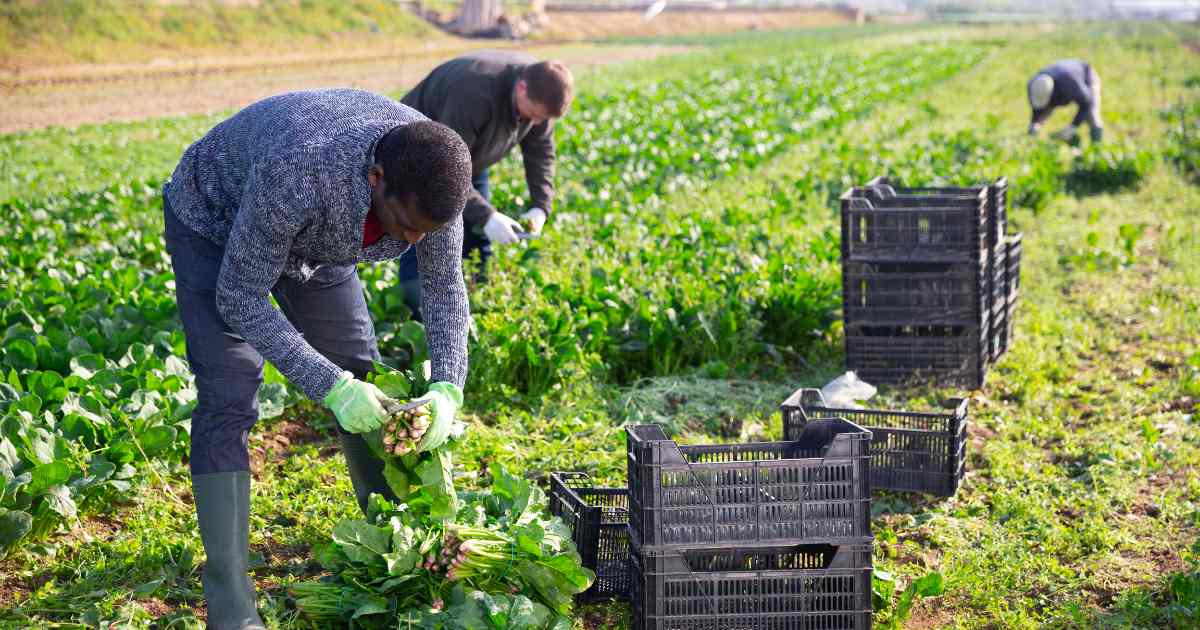This article was originally posted in the Fall 2024 issue of The Advocate on Thursday, November 21, 2024.
The staggering results of the U.S. elections pose real threats to human rights and social justice in Latin America as well as here. To say otherwise is to be fooling ourselves. We have seen this movie before — we know that this time there will be no guardrails and it will be worse.
The incoming administration will not promote human rights. It will not support democratic allies throughout the world, and especially not in Latin America. It will not care about strengthening or respecting the rule of law, domestically or internationally. This will have a rippling effect for our partners and in all the work we do together.
In countries where politicians seek to roll back their own democracies, they will be emboldened to follow the U.S.’s lead. No longer fearing condemnation or criticism from the U.S. president or its embassies, persecution and criminalization of human rights defenders, political opponents, and the media will grow. Political adversaries will become enemies. The growing authoritarianism in the region will grow stronger. In El Salvador, which has just illegally extended the state of emergency for the 34th time, even more innocents and critics will be jailed. In Guatemala, the pacto de corruptos that tried to prevent Bernardo Arévalo from taking office continues to torpedo progress on his political agenda and will be further strengthened to see his government fail.
We will see predatory nationalism where the threat of raising tariffs is used to bludgeon governments to submit to the will of the U.S. This happened in his first term when he threatened Mexico with increasing tariffs unless migrants were prevented from arriving at the border. With the U.S. the main trading partner of most countries in Latin America, increasing tariffs will increase the unemployment rate, further weaken their economies, and function as a national sales tax here in the States, increasing economic hardship across the Hemisphere.
The right to asylum, already gutted under the current administration, will be further restricted. At the same time, we will see the deportation of massive numbers of Latin Americans “on day one.” Families will be torn apart, and some U.S. citizens will be mistakenly deported due to the color of their skin. Recipients of Temporary Protective Status, Dreamers (DACA) and Deferred Expedited Deportation (DED) for Colombians will be stripped of their status and deported back to countries they may have never known or that are politically unstable.
Concretely, what does this look like? Well, for example, there are an estimated 741,000 unauthorized Salvadorans living and working in the U.S., 200,000 Salvadorans with TPS status, and 25,900 Dreamers. That is, at least a million people will be deported. This will have serious consequences. The remittances that they send back to their families make up at least 20% of El Salvador’s already fragile economy. The percentage of remittances for neighboring countries is similar. What will people do if the economies collapse? Where will they go?
There will also be even greater militarization at the U.S.-Mexico border to prevent migrants and asylum seekers from seeking refugee, and externalization of our border enforcement. In Texas, Operation Lone Star shows us what this will look like. More national guard troops from other states at the border (currently there are troops from 14 states), booby traps in the Rio Grande and concertina wire, separation of family members as some are deported or get stuck trying to cross, and increased injuries and deaths due to high-speed chases in border communities where racially profiled citizens try to escape pursuit. Facing having to run through a gauntlet of security forces and concertina wire, people seeking safety are pushed into more dangerous points of entry.
This is only a glimpse of what we will see. So, how do we move forward?
In the short term, we must urge the Biden administration to act on the issues we care about such as legalizing the status of TPS, DED and Dreamers; restoring access to asylum; and taking Cuba off the State Sponsor of Terrorism List.
In the long term, we have no choice but to continue fighting for social justice and defending human rights in the hemisphere. We must, and will, find new ways to champion human rights and social justice. We will build solidarity between people and communities that have been marginalized to strengthen our social fabric. We will learn from others who have persevered and shown resilience under some horrific circumstances (such as the Mampuján weavers, featured in this edition of The Advocate). And we will work with our remaining allies in Congress to prevent the worst legislative proposals from going through and safeguarding human rights funding in appropriations.
With your help, LAWG and our members will continue to do the right thing. Together, we will ask the hard questions, we will speak truth to power, and we will defend human rights throughout the hemisphere.
The post The Future of U.S. Foreign Policy in the Americas: What’s Next for LAWG? appeared first on Latin America Working Group.




















Discussion about this post